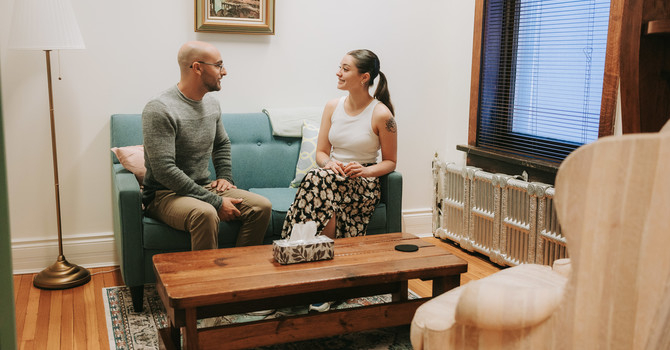
Twice a year, millions of people experience the effects of daylight savings time (DST). While gaining an extra hour in the fall may seem beneficial, losing an hour in the spring can disrupt sleep, mood, and overall well-being. Research suggests that even a one-hour shift can affect mental health, especially for those already managing anxiety, depression, or seasonal affective disorder (SAD).
1. The Connection Between Daylight Savings and Mental Health
Our bodies function on a 24-hour cycle known as the circadian rhythm, which regulates sleep, mood, and energy levels. DST disrupts this rhythm, leading to:
- Increased fatigue and grogginess
- Difficulty concentrating
- Irritability and mood swings
- Higher stress levels
Studies show that in the weeks following a time change, there is a rise in depressive symptoms, sleep disorders, and even an increase in heart attacks and car accidents due to fatigue-related errors.
2. Sleep Disruptions and Emotional Well-Being
One of the most immediate effects of DST is poor sleep. Losing an hour in the spring means waking up earlier than your body is ready for, leading to:
- Sleep deprivation
- Increased cortisol (stress hormone) levels
- Decreased serotonin and dopamine (mood-regulating chemicals)
When sleep is disrupted, emotional regulation suffers. Many people report feeling more anxious, overwhelmed, or down during the transition period.
3. Seasonal Affective Disorder and Reduced Sunlight
For individuals prone to seasonal affective disorder (SAD), the shift in daylight can intensify symptoms. While DST aims to maximize daylight hours, the sudden change can throw off melatonin production, which plays a key role in sleep and mood regulation. This can result in:
- Increased feelings of sadness or hopelessness
- Low energy and motivation
- Changes in appetite or sleep patterns
- Maintaining a steady routine and increasing exposure to natural light can help regulate mood and reduce the impact of seasonal changes.
4. Strategies to Adjust Smoothly
To minimize the mental health effects of daylight savings, try these strategies:
- Gradually adjust sleep by going to bed 15 minutes earlier each night before the change
- Get morning sunlight to help reset your internal clock
- Maintain a consistent sleep schedule, even on weekends
- Reduce caffeine and screen time before bed
- Incorporate relaxation techniques like meditation or deep breathing
Need Support? Let’s Talk.
If daylight savings time is affecting your mood, energy, or sleep, you don’t have to navigate it alone. A therapist can help you develop coping strategies and improve overall well-being. Book an appointment today to prioritize your mental health during seasonal transitions.
.jpg)
.jpg)



